Got Bag

In 2016, the company Got Bag set out to collect plastic from the seas of Southeast Asia, recycle it and turn it into backpacks. Working with scientific partners, Got Bag is also trying to recycle other types of plastic to open up new clean-up opportunities. As a preventative measure, the company also collects improperly disposed plastic waste to prevent it from ending up in the ocean.

- new
 Got BagPro Pack Backpack Ocean148,95 €One size
Got BagPro Pack Backpack Ocean148,95 €One size
- new
 Got BagDaypack Backpack Driftwood88,95 €One size
Got BagDaypack Backpack Driftwood88,95 €One size
 Got BagHip 2.0 Bag Monochrome Edition Algae48,95 €One size
Got BagHip 2.0 Bag Monochrome Edition Algae48,95 €One size
- new
 Got BagRolltop 2.0 Backpack Shark168,95 €One size
Got BagRolltop 2.0 Backpack Shark168,95 €One size
- new
 Got BagEasy Pack Zip Backpack Purple Pearl68,95 €One size
Got BagEasy Pack Zip Backpack Purple Pearl68,95 €One size
- new
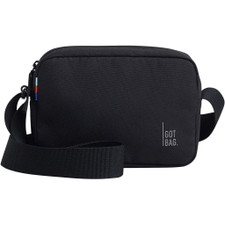 Got BagCrossbody Bag Black48,95 €One size
Got BagCrossbody Bag Black48,95 €One size
- new
 Got BagRolltop 2.0 Backpack Crocodile168,95 €One size
Got BagRolltop 2.0 Backpack Crocodile168,95 €One size
- new
 Got BagRolltop 2.0 Backpack Favia168,95 €One size
Got BagRolltop 2.0 Backpack Favia168,95 €One size
- new
 Got BagRolltop Lite 2.0 Backpack Axolotl148,95 €One size
Got BagRolltop Lite 2.0 Backpack Axolotl148,95 €One size
- new
 Got BagRolltop 2.0 Backpack Axolotl168,95 €One size
Got BagRolltop 2.0 Backpack Axolotl168,95 €One size
- new
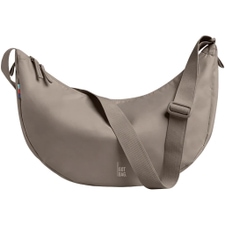 Got BagMoon Bag Large Bag Seal48,95 €One size
Got BagMoon Bag Large Bag Seal48,95 €One size
 Got BagEasy Pack Buckle Backpack Seadragon68,95 €One size
Got BagEasy Pack Buckle Backpack Seadragon68,95 €One size
 Got BagDaypack Backpack Algae88,95 €One size
Got BagDaypack Backpack Algae88,95 €One size
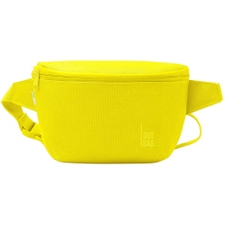 Got BagHip Bag Monochrome Edition Yellow Tang48,95 €One size
Got BagHip Bag Monochrome Edition Yellow Tang48,95 €One size
- new
 Got BagTote Large Monochrome Bag Oyster78,95 €One size
Got BagTote Large Monochrome Bag Oyster78,95 €One size
- new
 Got BagMoon Bag Small Monochrome Bag Oyster38,95 €One size
Got BagMoon Bag Small Monochrome Bag Oyster38,95 €One size
- new
 Got BagRolltop 2.0 Monochrome Backpack Black168,95 €One size
Got BagRolltop 2.0 Monochrome Backpack Black168,95 €One size
- new
 Got BagDaypack 2.0 Monochrome Backpack Oyster88,95 €One size
Got BagDaypack 2.0 Monochrome Backpack Oyster88,95 €One size
- new
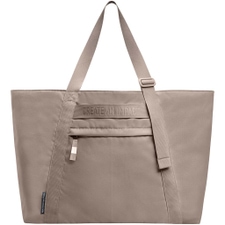 Got BagTote Large Bag Seal Monochrome78,95 €One size
Got BagTote Large Bag Seal Monochrome78,95 €One size
- new
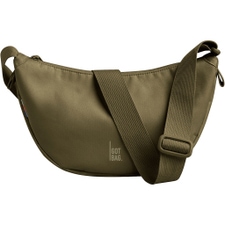 Got BagMoon Bag Small Bag Crocodile38,95 €One size
Got BagMoon Bag Small Bag Crocodile38,95 €One size
- new
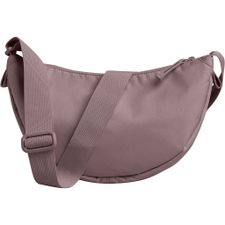 Got BagMoon Bag Monochrome Bag Sepia38,95 €One size
Got BagMoon Bag Monochrome Bag Sepia38,95 €One size
- new
 Got BagRolltop Small Backpack Monochrome Flamingo78,95 €One size
Got BagRolltop Small Backpack Monochrome Flamingo78,95 €One size
- new
 Got BagDaypack 2.0 Backpack Scallop88,95 €One size
Got BagDaypack 2.0 Backpack Scallop88,95 €One size
- new
 Got BagRolltop Lite 2.0 Backpack Crocodile148,95 €One size
Got BagRolltop Lite 2.0 Backpack Crocodile148,95 €One size
- new
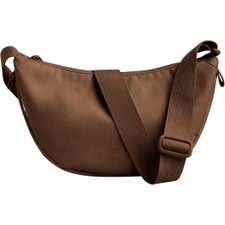 Got BagMoon Bag Small Monochrome Bag Trench38,95 €One size
Got BagMoon Bag Small Monochrome Bag Trench38,95 €One size
- new
 Got BagDaypack 2.0 Backpack Ocean Blue88,95 €One size
Got BagDaypack 2.0 Backpack Ocean Blue88,95 €One size
- new
 Got BagRolltop 2.0 Backpack Ocean Blue168,95 €One size
Got BagRolltop 2.0 Backpack Ocean Blue168,95 €One size
- new
 Got BagEasy Pack Zip Backpack Soft Shell68,95 €One size
Got BagEasy Pack Zip Backpack Soft Shell68,95 €One size
- new
 Got BagDaypack Backpack Ocean88,95 €One size
Got BagDaypack Backpack Ocean88,95 €One size
- new
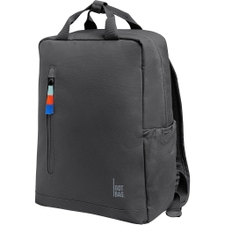 Got BagDaypack 2.0 Bag Shark88,95 €One size
Got BagDaypack 2.0 Bag Shark88,95 €One size
- new
 Got BagDaypack 2.0 Backpack Black88,95 €One size
Got BagDaypack 2.0 Backpack Black88,95 €One size
- new
 Got BagDaypack 2.0 Backpack Algae88,95 €One size
Got BagDaypack 2.0 Backpack Algae88,95 €One size
- new
 Got BagRolltop 2.0 Backpack Black168,95 €One size
Got BagRolltop 2.0 Backpack Black168,95 €One size
- new
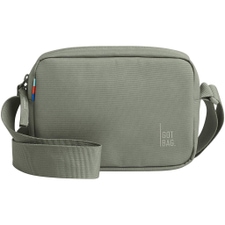 Got BagCrossbody Bag Bass48,95 €One size
Got BagCrossbody Bag Bass48,95 €One size
- new
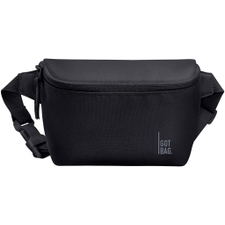 Got BagHip 2.0 Bag Black38,95 €One size
Got BagHip 2.0 Bag Black38,95 €One size
- new
 Got BagDaypack Backpack Black88,95 €One size
Got BagDaypack Backpack Black88,95 €One size
- new
 Got BagDaypack 2.0 Backpack Bass88,95 €One size
Got BagDaypack 2.0 Backpack Bass88,95 €One size
- new
 Got BagRolltop Backpack Algae158,95 €One size
Got BagRolltop Backpack Algae158,95 €One size
- new
 Got BagRolltop Lite Backpack Purple Pearl148,95 €One size
Got BagRolltop Lite Backpack Purple Pearl148,95 €One size
 Got BagRolltop Lite Backpack Prawn148,95 €One size
Got BagRolltop Lite Backpack Prawn148,95 €One size
 Got BagRolltop Lite Backpack Trench148,95 €One size
Got BagRolltop Lite Backpack Trench148,95 €One size
- new
 Got BagRolltop Lite Backpack Ocean148,95 €One size
Got BagRolltop Lite Backpack Ocean148,95 €One size
- new
 Got BagRolltop Lite Backpack Shark148,95 €One size
Got BagRolltop Lite Backpack Shark148,95 €One size
 Got BagRolltop Lite Backpack Monochrome Edition Yellow Tang148,95 €One size
Got BagRolltop Lite Backpack Monochrome Edition Yellow Tang148,95 €One size
- new
 Got BagRolltop Lite Backpack Black148,95 €One size
Got BagRolltop Lite Backpack Black148,95 €One size
- new
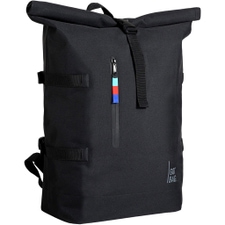 Got BagRolltop Backpack Black158,95 €One size
Got BagRolltop Backpack Black158,95 €One size
- new
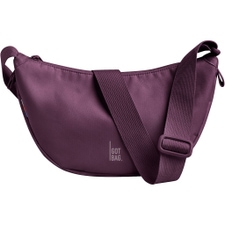 Got BagMoon Bag Small Bag Favia38,95 €One size
Got BagMoon Bag Small Bag Favia38,95 €One size
- new
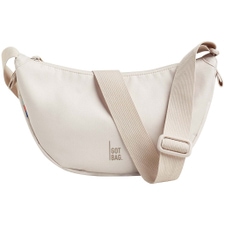 Got BagMoon Bag Small Bag Soft Shell38,95 €One size
Got BagMoon Bag Small Bag Soft Shell38,95 €One size
 Got BagRolltop Lite Backpack Soft Shell148,95 €One size
Got BagRolltop Lite Backpack Soft Shell148,95 €One size
- new
 Got BagRolltop Lite Backpack Driftwood148,95 €One size
Got BagRolltop Lite Backpack Driftwood148,95 €One size
- new
 Got BagRolltop Backpack Reef158,95 €One size
Got BagRolltop Backpack Reef158,95 €One size
- new
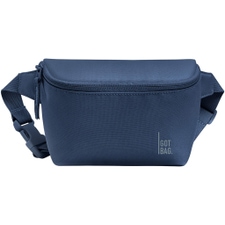 Got BagHip 2.0 Bag Ocean Blue38,95 €One size
Got BagHip 2.0 Bag Ocean Blue38,95 €One size
- new
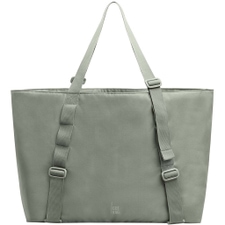 Got BagTote Large Monochrome Bag Bass78,95 €One size
Got BagTote Large Monochrome Bag Bass78,95 €One size
- new
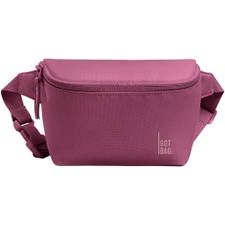 Got BagHip 2.0 Bag Red Sea38,95 €One size
Got BagHip 2.0 Bag Red Sea38,95 €One size
- new
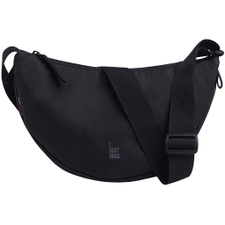 Got BagMoon Bag Small Bag Black38,95 €One size
Got BagMoon Bag Small Bag Black38,95 €One size
- new
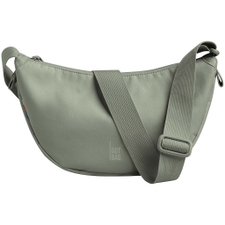 Got BagMoon Small Bag Bass38,95 €One size
Got BagMoon Small Bag Bass38,95 €One size

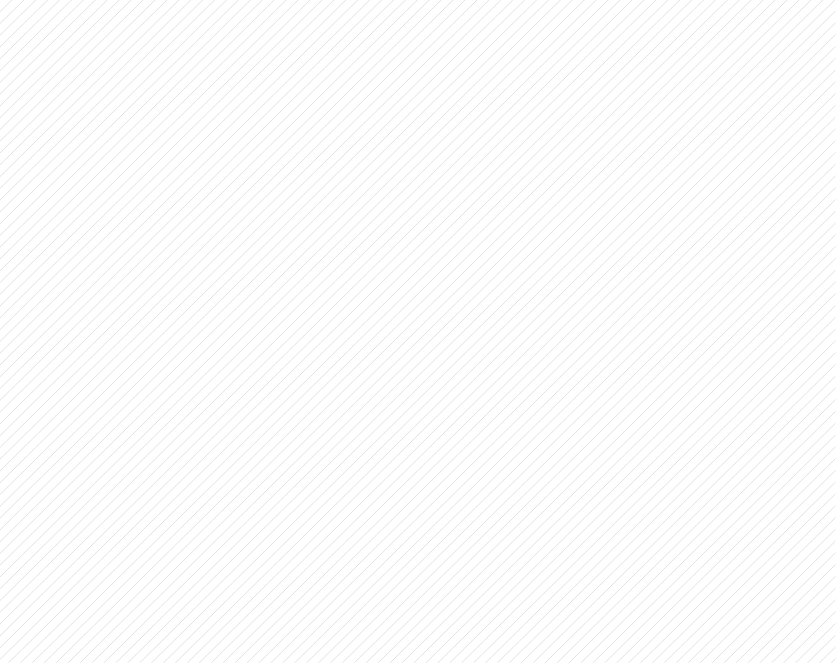
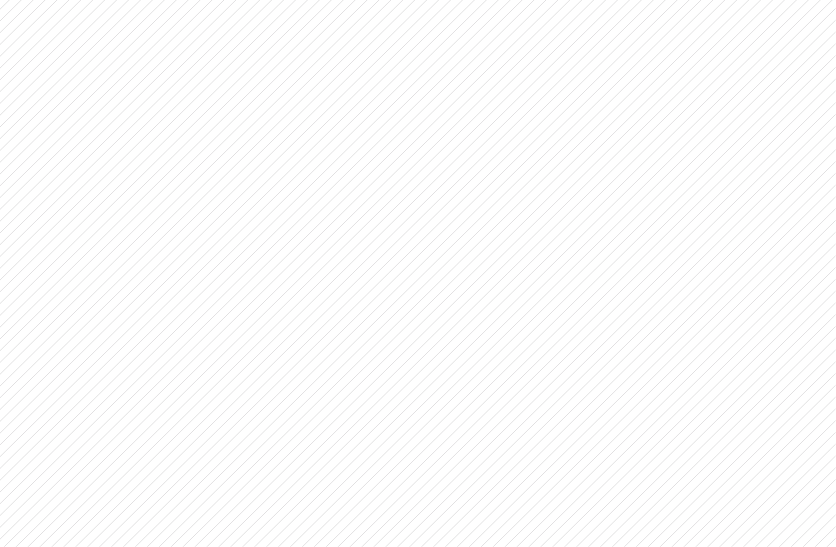
Since 2016, Benjamin Mandos, founder of GOT BAG, has made it his mission to collect plastic waste that ends up in the seas of Southeast Asia together with local fishermen and to process it into backpacks, bags and hip bags.
The young company also focuses on prevention work so that less waste ends up in a waste epicentre like Indonesia, or that it can be recycled using better techniques and processes.
Why Southeast Asia?
On the one hand, unofficially documented plastic waste ends up there, which should actually be disposed of or recycled directly in Europe or the USA. On the other hand, each inhabitant in Indonesia produces only one fifth of the waste that American produces. This, combined with the large population, the low level of industrialization and education, the high proportion of people living by the sea, and geographical factors such as weather, topography and vegetation, have made Indonesia a waste epicentre. Thus, after China, Indonesia is the country where the most plastic enters the sea worldwide.
Preventive, active and innovative
Since 2016, Got Bag has been collecting plastic waste from the sea. This is actively recycled and turned into backpacks or bags. Through their dedicated work, they have been able to steadily increase the capacity and quantity of plastic waste collected and thus their impact on a clean ocean.
However, the experiences on site have also shown that, in addition to active collection on site, prevention is also necessary so that improperly disposed plastic waste does not end up in the sea in the first place.

With the help of scientific partners and organizations, Got Bag is working on techniques and new clean-up possibilities to recycle more types of plastic. At present, only about 15 per cent of the recycled plastic is made into textiles for backpacks.
Another 15 per cent, consisting of PP and HDPE, which are contained in the plastic bags, have to be processed into secondary raw materials so that they can eventually be reprocessed into other products. The remaining 70% of the collected plastic waste is very difficult to recycle due to its coating or the adhesives used. They are therefore used as a substitute for fossil fuels in energy production.
Together for each other
To meet this great challenge, Got Bag works together with various partners who, in their own way, are committed to a clean sea and an optimal habitat for marine life. Like Sea Shepard, WDC or Seaspiracy, who fight against illegal fishing, overfishing and for the preservation of the marine habitat.
A partner like CLEANHUB, a young start-up from Berlin, focuses on creating a platform via an app that enables companies to become plastic-neutral and receive a certificate. The Coral Gardeners, together with scientists, engineers and more than half a million people worldwide, are committed to the preservation of coral reefs.
The organization was founded on Mo`orea, Tahiti's sister island, and has been trying to revolutionize marine conservation since 2017.

Limits and boundaries
But even here, Got Bag encounters limits and challenges that are difficult to overcome.
The main goal of Got Bag is to rid the oceans of plastic waste, and therefore all plastic waste is collected, regardless of shape and type, and not only that which is optimal for the production of Got Bags.
Ultimately, however, only 15% of the waste collected can be recycled and used for the production of Got Bags some materials are not suitable for further processing due to their nature or low purity level. In addition, there are mixtures of recyclable materials that, according to current knowledge, cannot yet be recycled because they contain different materials and are therefore currently used for energy generation within the framework of thermal recycling.
Environmentally sound business practices also include transport with the lowest possible CO₂ footprint. For this reason, Got Bag mainly uses ship and rail connections to ship its goods, as these have the lowest emissions in relation to the load volume. As a result, delivery deadlines are difficult to meet due to pandemic logistics.
Another requirement that is limited is that Got Bag wants to manufacture a product from 100 % recycled material. However, certain components are not yet available from recycled material or do not meet the requirements for functionality and durability.
Similarly, Ocean Impact Plastics is a raw material that is rarely free of defects and therefore wears out more quickly than comparable products made from conventional, non-recycled materials, but retains its function without restriction.

